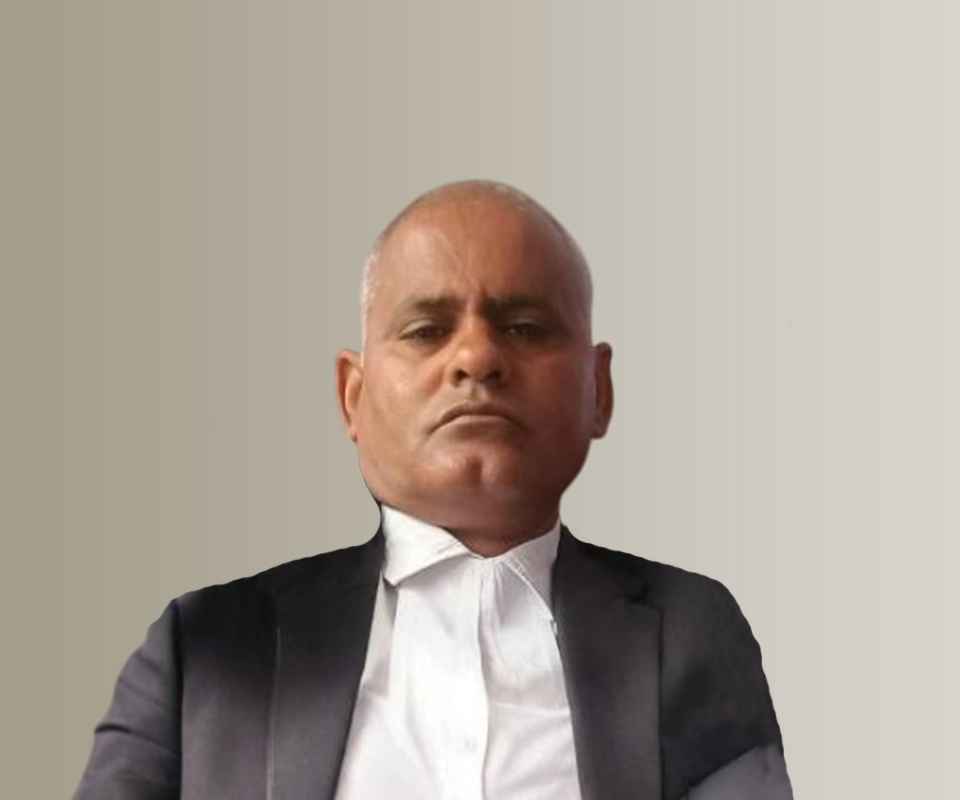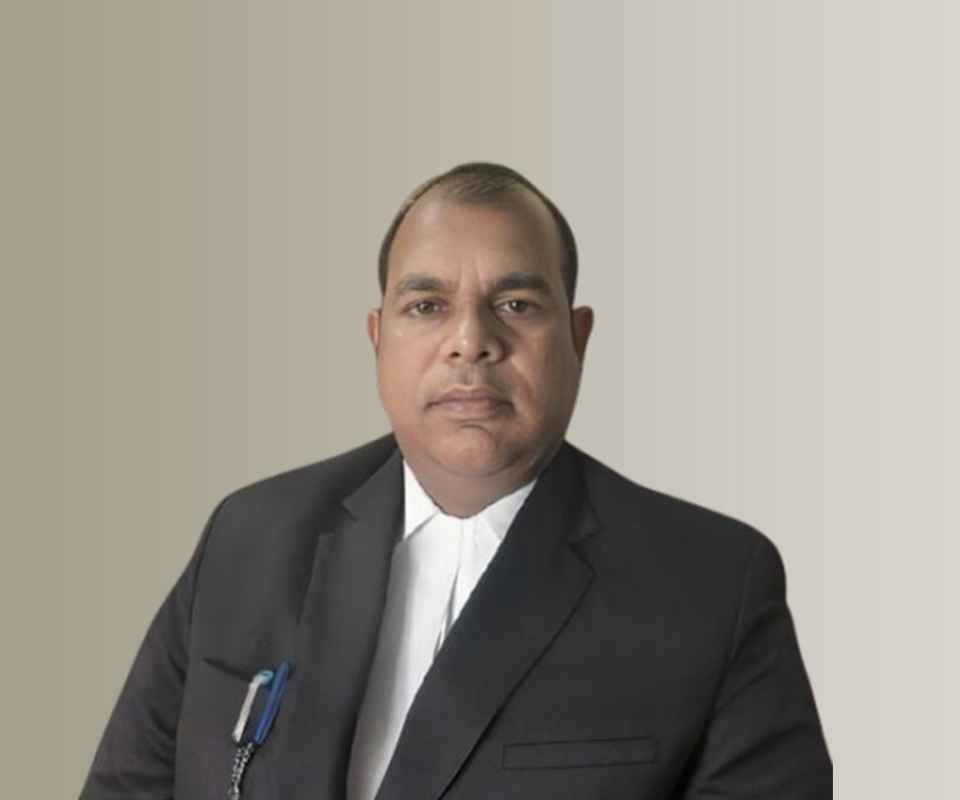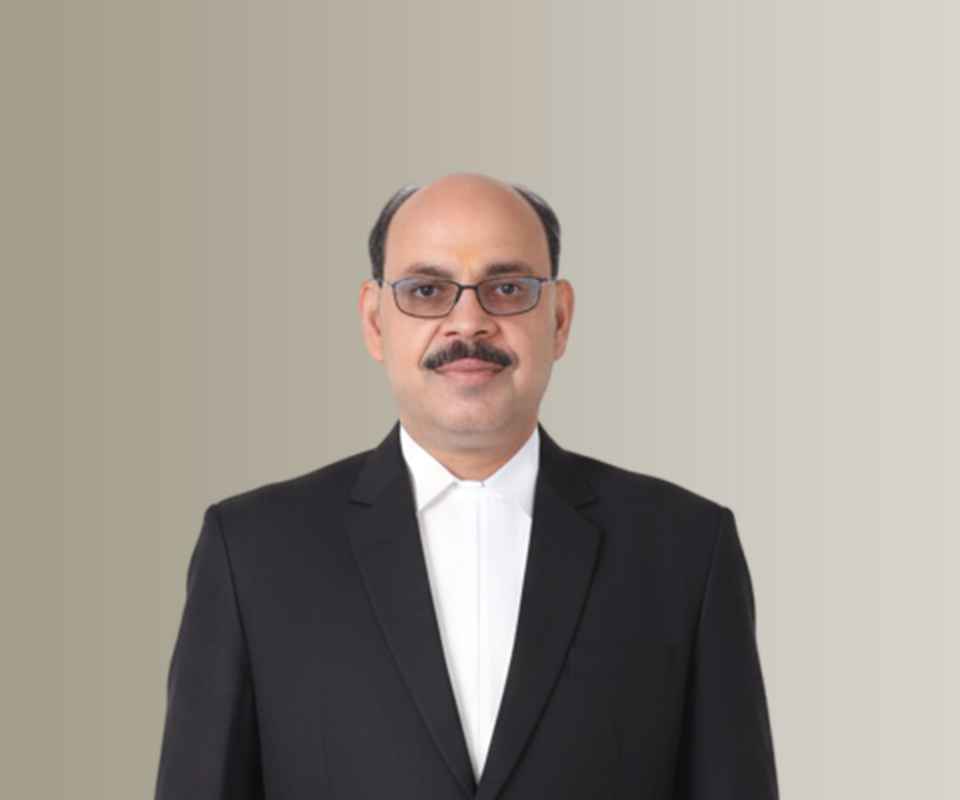Answer By law4u team
Bharatiya Nagarik Suraksha Sanhita, 2023 - Section 355: Provision for Inquiries and Trial Being Held in the Absence of Accused in Certain Cases
(1) At any stage of an inquiry or trial under this Sanhita, if the Judge or Magistrate is satisfied, for reasons to be recorded, that the personal attendance of the accused before the Court is not necessary in the interests of justice, or that the accused persistently disturbs the proceedings in Court, the Judge or Magistrate may, if the accused is represented by an advocate, dispense with his attendance and proceed with such inquiry or trial in his absence, and may, at any subsequent stage of the proceedings, direct the personal attendance of such accused.
(2) If the accused in any such case is not represented by an advocate, or if the Judge or Magistrate considers his personal attendance necessary, he may, if he thinks fit and for reasons to be recorded by him, either adjourn such inquiry or trial, or order that the case of such accused be taken up or tried separately.
Explanation.—For the purpose of this section, personal attendance of the accused includes attendance through audio video electronic means.
Brefe Detail
This section outlines the conditions under which a judge or magistrate may allow an inquiry or trial to proceed without the personal attendance of the accused. It states that if the accused is represented by an advocate and their presence is deemed unnecessary for justice or if they disrupt proceedings, the court may continue in their absence. If the accused is unrepresented, or if their presence is deemed necessary, the court can either adjourn the case or try it separately.
Question & Answers
Q1: What does Section 355 allow regarding the attendance of the accused?
A1: Section 355 allows a judge or magistrate to dispense with the personal attendance of the accused during an inquiry or trial if their presence is deemed unnecessary or if they disrupt the proceedings.
Q2: Under what conditions can the court proceed without the accused present?
A2: The court can proceed without the accused present if they are represented by an advocate and the judge is satisfied that their attendance is not necessary for justice.
Q3: What happens if the accused is not represented by an advocate?
A3: If the accused is not represented, the judge may either adjourn the inquiry or trial or decide to try the case separately if their attendance is considered necessary.
Q4: What is included in the personal attendance of the accused?
A4: The personal attendance of the accused includes attendance through audio video electronic means.
Q5: Why might a judge or magistrate decide to proceed in the absence of the accused?
A5: A judge or magistrate might decide to proceed in the absence of the accused to maintain the order of court proceedings and ensure that justice is served without unnecessary disruptions.
Example
- Scenario 1: An accused individual frequently interrupts court proceedings. The judge decides to proceed with the trial in their absence since they are represented by a lawyer.
- Scenario 2: If an accused person does not have legal representation and their presence is deemed crucial, the judge may adjourn the trial to allow for proper legal counsel.
- Scenario 3: In a case where the accused cannot physically attend due to health issues, the court may allow them to participate via video conferencing.
Summary
Section 355 of the Bharatiya Nagarik Suraksha Sanhita, 2023, provides a framework for conducting inquiries and trials without the personal attendance of the accused in certain circumstances. This provision ensures that justice can be served efficiently while allowing for the accused's presence to be managed in a way that maintains the integrity of court proceedings, including the use of electronic means for attendance.







